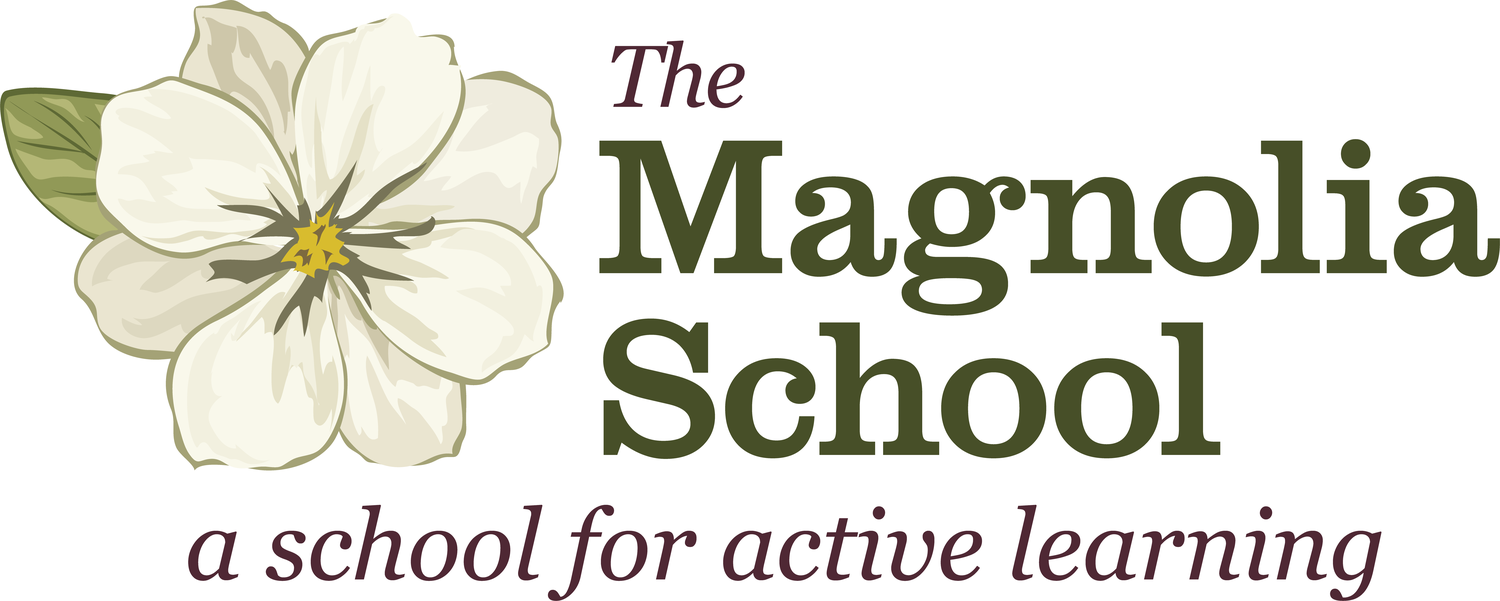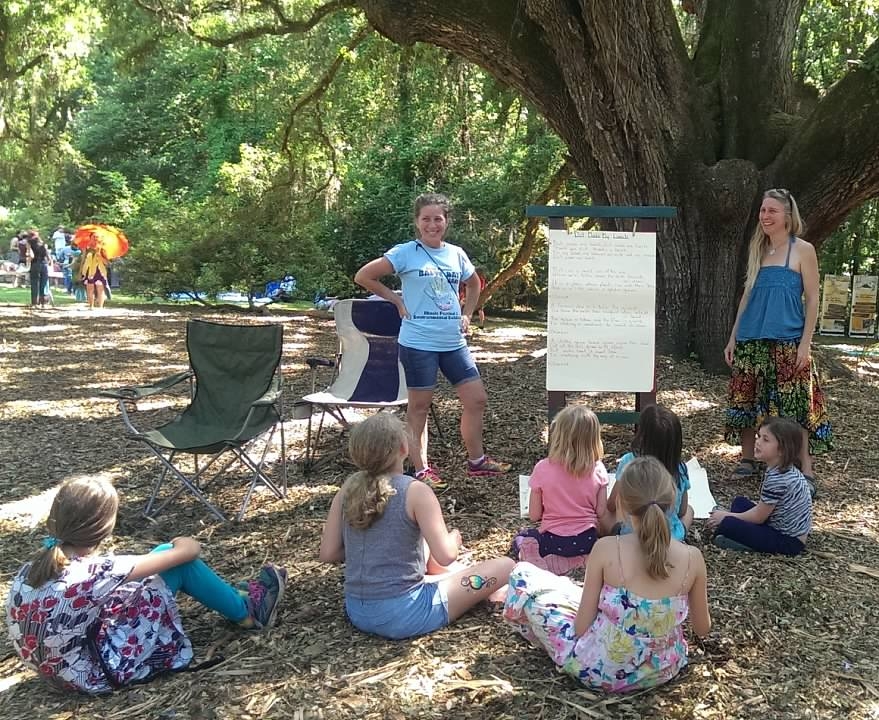Philosophy
The Magnolia School promotes the joy of learning over the stress of testing.
Philosophy
We provide hands-on, developmentally appropriate curriculum for our students, and although we do not test our students via conventional methods, we employ various alternative assessments to monitor academic and social-emotional growth and to determine students’ strengths and weaknesses.
“Theme studies include hands-on activities, reading, writing, art, music, research, science experiments, cooking, guest speakers and field trips.”
Parents play an enormous role at the school. We welcome and encourage participation in the classroom; learning is greatly enhanced when parents are actively involved. Parents are part of the education team at Magnolia, extending school learning by reinforcing concepts and themes at home. They also are present at the school in many ways, such as coming to class as guest speakers and sharing their skills and talents.
We believe that children learn in different ways and at different rates. With one teacher for every 10 to 12 students, we can plan for each child’s interests, abilities and learning style. During each day, students work individually, in small groups, and as a whole group. Children of different ages and different ability levels often work together and learn from each other. We strive for a diverse community of learners in which students with special needs are fully integrated with their typical peers. Our teachers demonstrate and encourage critical thinking, problem-solving, and creativity, and provide a supportive atmosphere that allows students to develop strengths and overcome weaknesses.
Social studies, art, music, and science are explored through an integrated thematic approach. For several months at a time, all the children gather information on a topic such as Insects, Kitchen Chemistry, or Australia. Theme studies include hands-on activities, reading, writing, art, music, research, science experiments, cooking, guest speakers, and field trips.
We believe that children need to move about. We provide 15 minutes of outdoor play at snack time, and 45 minutes at lunchtime.



